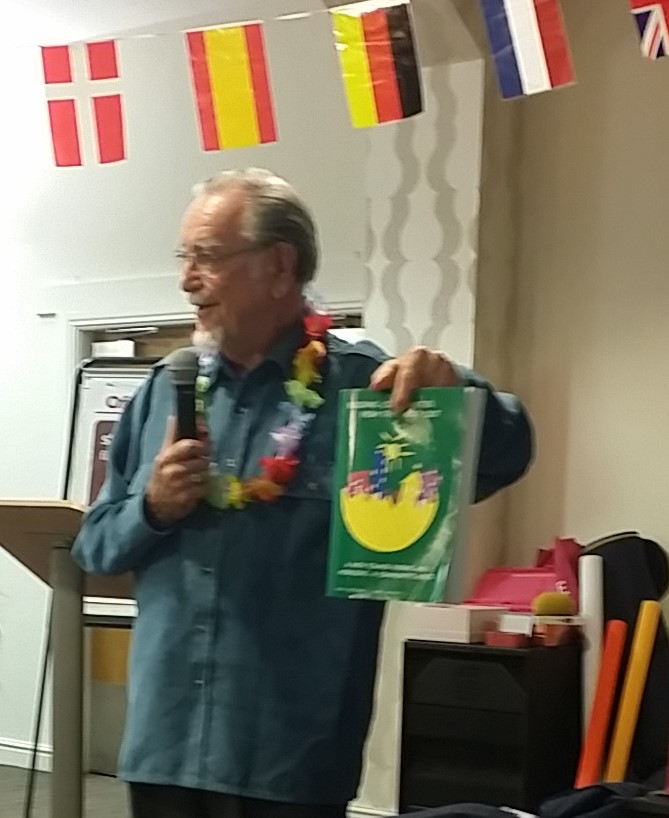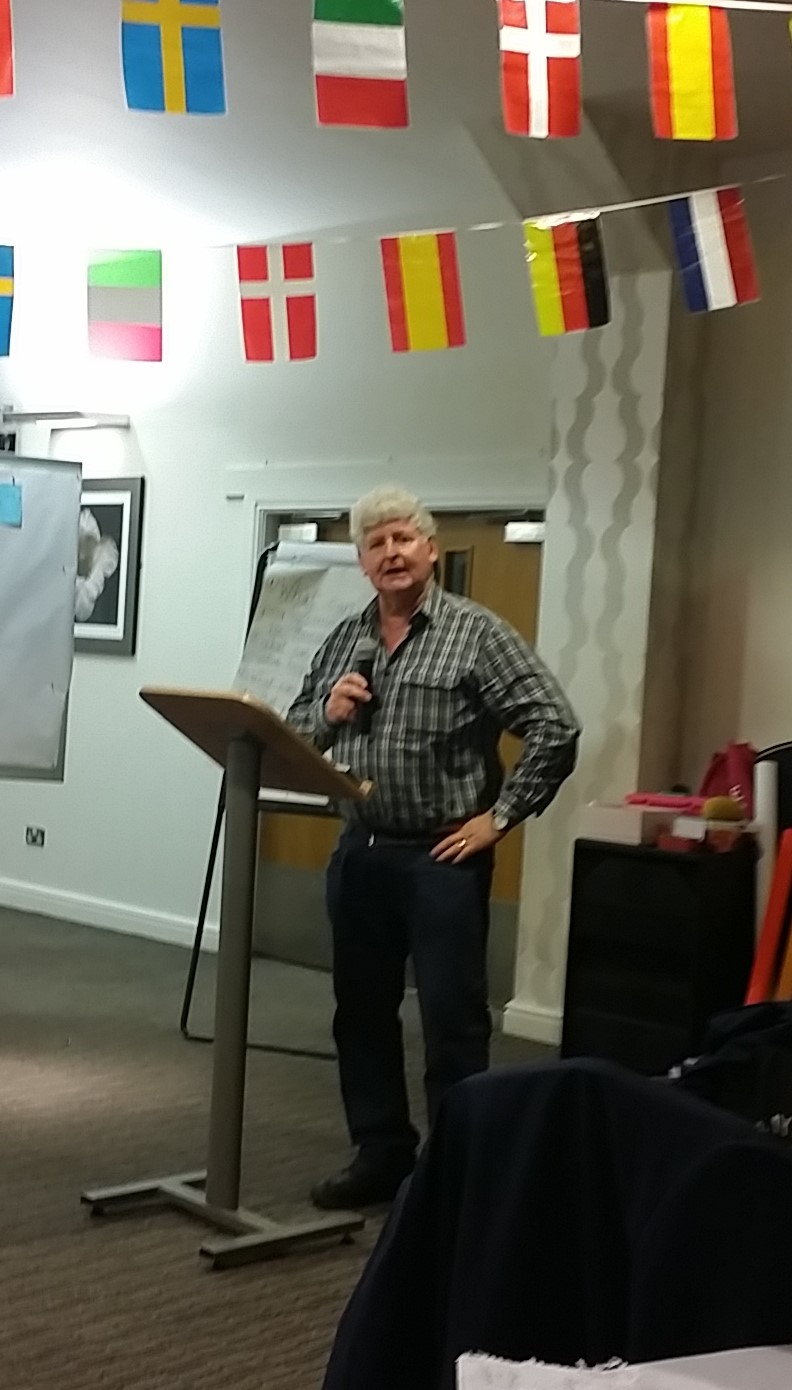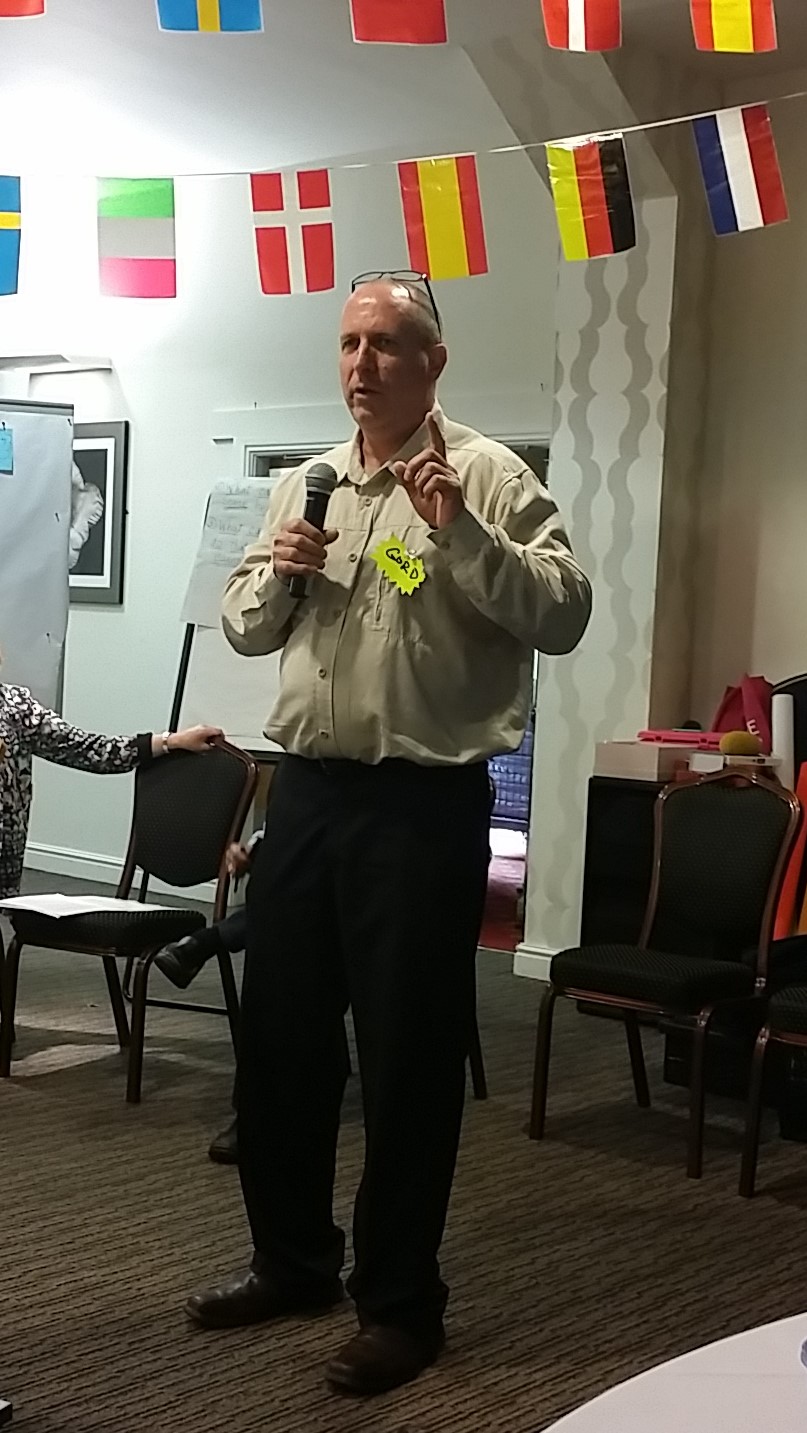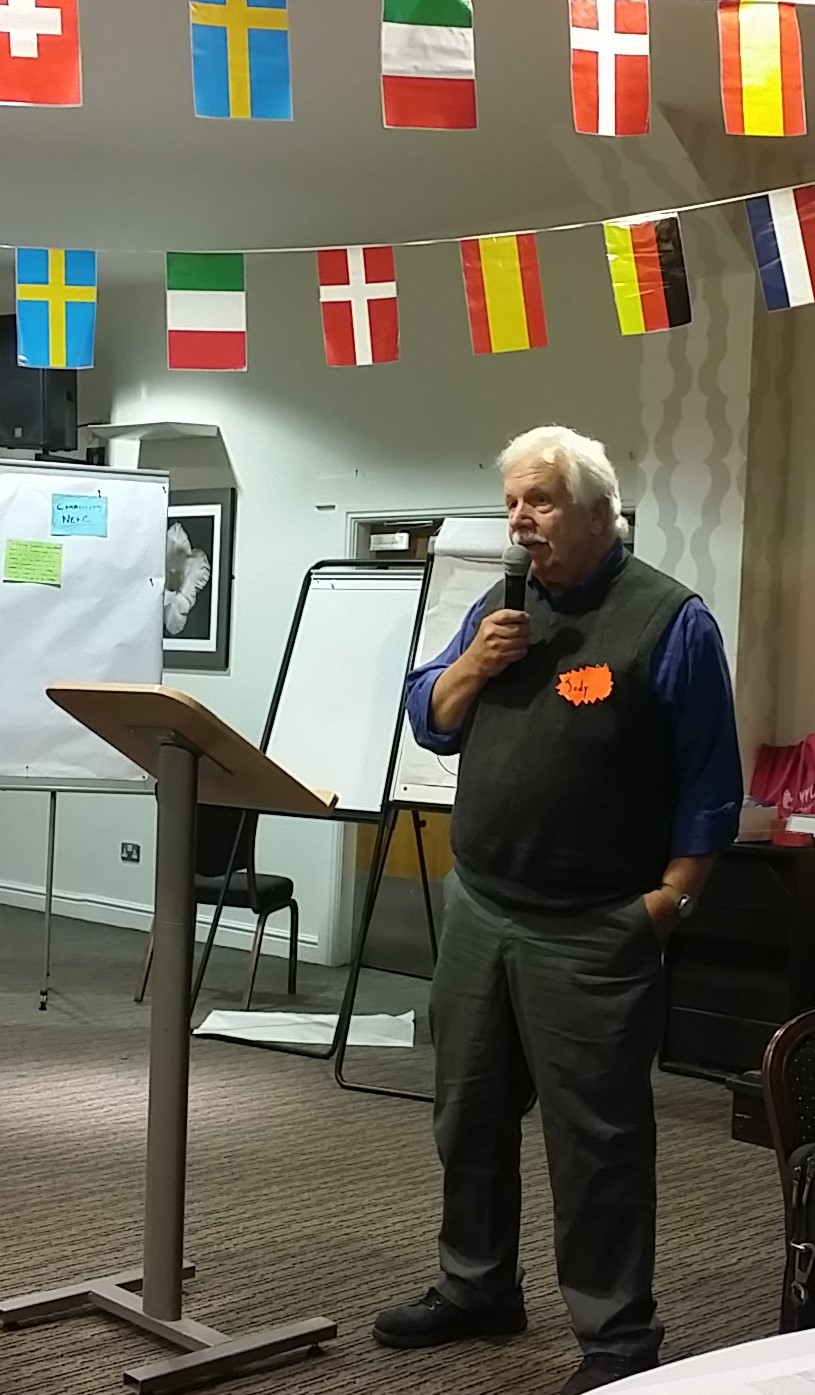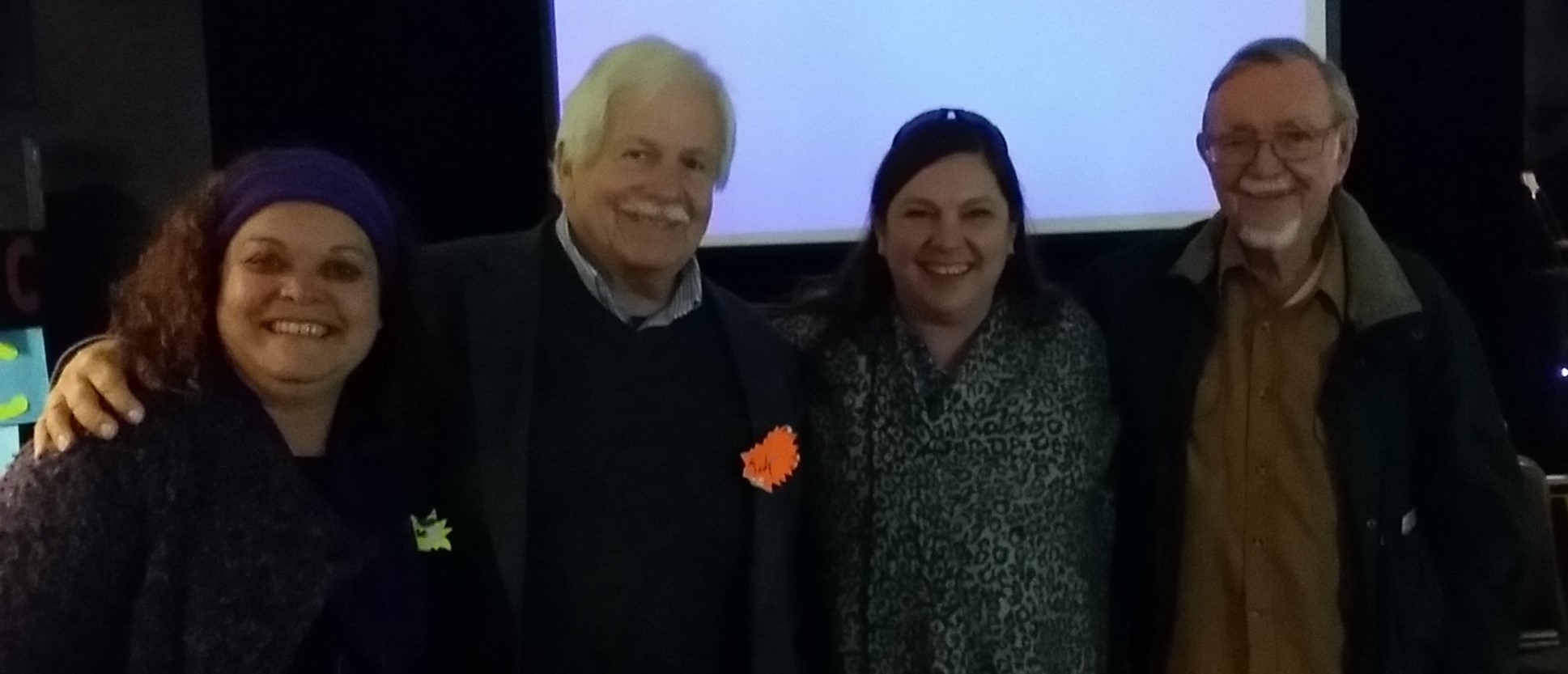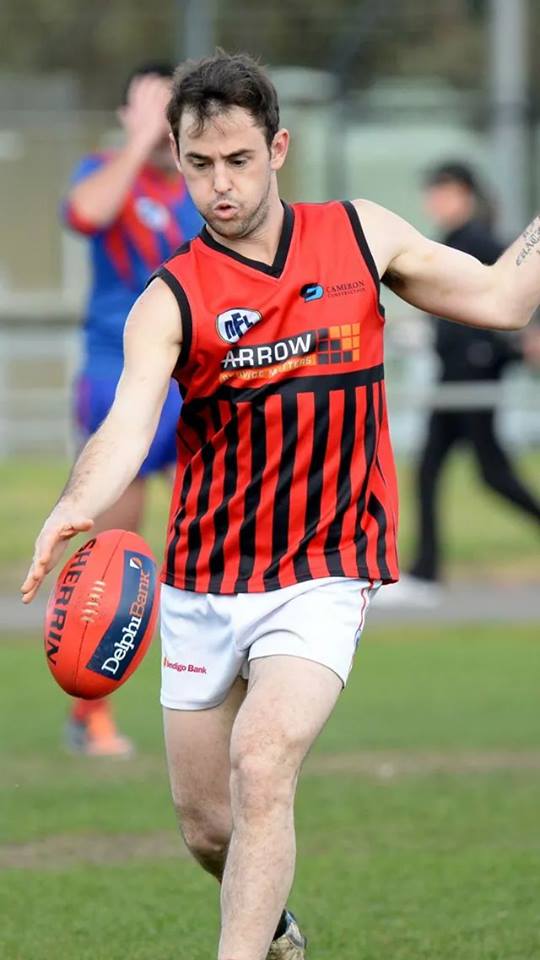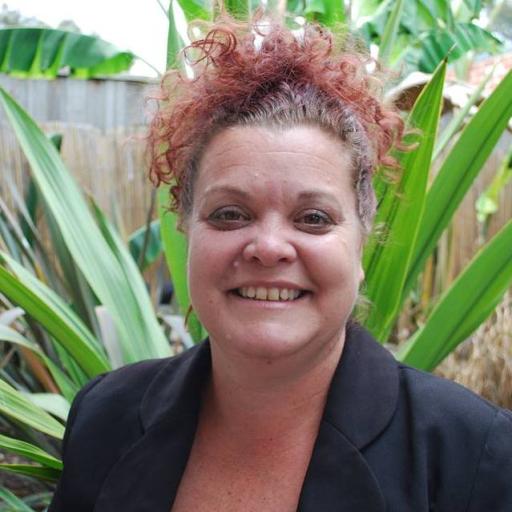
State or Province:
country:
Australiawhat are your gifts and talents?:
why do you want to join abcd in action?:
Hi Everyone,
On behalf of the Unconference global organising team, we are thrilled to announce submissions to present at this years ABCD Unconference in October 2022.
This year you can host a range of session styles as per the following list:
- Wellness Session (e.g. yoga, stretching, meditation, dance)
- Creative Session (e.g. music, poetry, drawing, video, or other visual and performing arts)
- Casual Session (e.g. coffee lounge or chat)
- Participant-Driven Conversations (e.g. open space technology; where participants select conversation topics; group brainstorming or problem solving)
- Lightly-facilitated Conversations or Discussions (e.g. participants engaging with questions from the host team; world cafe; group discussion)
- Panel Discussion (e.g. a group of individuals responding to prepared questions and questions from the session participants)
- Show and Tell (e.g. sharing a practical tool, resource, approach, etc. or a case study)
- TED Talk (e.g. presentation of information, lecture, storytelling, narrative from ones’ experiences)
Your session could be:
- 5 - 15 minutes
- 30 minutes
- 60 minutes
- 90 minutes
- 120 minutes
Click HERE to share your submission with the team
Call for Stories: Asset-Based Community Development (ABCD) edition of IACD’s Practice Insights Magazine
By Michelle Dunscombe, 2020-11-19
The next issue of Practice Insights Magazine will focus on the Stories of ABCD, in collaboration with the ABCD Institute.
What is ABCD? Asset-based Community Development (ABCD) is a globally adopted approach that recognizes and builds on the strengths, gifts, talents and resources of individuals and communities to create strong, inclusive and sustainable communities.
Stories come in many forms and we would like to invite a range of storytelling mediums; written, visual, recorded, embodied which respond to the following calling question: What are the ABCD stories that reflect this current critical moment in our time?
Suggested story topic examples may include, but are not limited to:
- Building on the strengths of kids
- Nurturing relationships online
- ABCD and mobilising for change
- Pandemic community building
- Overcoming digital discrimination
- Starting with What’s Strong not What’s Wrong
- Human rights-based approaches
We are asking IACD members and other interested contributors to be creative in responding to this “Call for Stories”. Your story can be shared as:
- Written story / article
- Poetry, prose or music
- Videos; short videos, minutevideos, animations
- Images; graphic recording, photography, infographics
If you would like to submit a contribution for consideration, please share your story or idea in 200 words or less by Friday 4th December, 2020.
Guest Editors Dee Brooks and Michelle Dunscombe (with assistance from Anastasia Matvievskaya and Paul Lachapelle) will coordinate this Special Issue.
Editors will respond to all proposed submissions by Friday 25th December 2020; invited contributors will then have until Friday 15th January 2021 to submit their full contribution. The submissions will undergo a peer review process and authors will then have two weeks to address any suggested edits.
Please help us by sharing with your networks. We look forward to receiving your contributions!
Please direct your questions or submit your story ideas to Dee Brooks at: dee.brooks@iacdglobal.org
Bushfire Reflections
The last few months have been challenging for me as the current disastrous bushfires burn across my beautiful Australian landscape from bush to beach. At times I have been catapulted back to February 2009, when my own community faced the full ferocity of Black Saturday. An event that changed me, my family and my community in so many ways.
Hearing stories of people caught in the fires, seeing homes and communities severely impacted by these current fires that have to date burned over 10 million hectares, (larger than Scotland, large than the US state of Kentucky) has seen me ask myself so many questions.
- What did the country learn from the 2009 fires?
- Why don’t some of our leaders acknowledge climate change?
- Why did our Prime Minister go to Hawaii when the bushfires were burning?
- How do we have the difficult conversations about the copious amount of donated items during and post a disaster?
- Will these communities experience the top down recovery that so damaged my community? (the legacy lives on)
- How do we support local leaders and community groups to be heard pre and post disaster?
- Will authorities listen to communities?
- How would my community almost 11 years on from Black Saturday respond now?
- How can community development inform disaster recovery?
These questions have led me to question where I live, how prepared I am for future disasters and what I can do in the future. I guess the answer to these type of questions are much easier for me than the big systems ones.
I sit here typing this with the smell of smoke in the air even though I am hundreds of kilometres from the current fires, with the knowledge that I fly to the UK in less than 3 weeks, yet wanting to do so much to support bushfire affected communities. It makes me more determined to work with other community development professionals to lobby governments for alternatives to disaster preparedness and recovery.
It’s a difficult space where community members are too often told they’re not needed and that the emergency services and government have it under control.
Well, no, they don’t and it’s hard enough to have your voice heard, let alone garner the motivation and gumption to sustain that voice.
Enough of reflective, cynical me. What makes my heart sing is seeing the incredible individual and community strength and solidarity on display across Australia. There have been stories that make me laugh and cry. I am sustained by the hope that this time will be different. Australia will be collectively reflective, and we will see changes to legislation at all levels of government, including an intentional, stronger community perspective.
As the world donates money to the various charities that support disaster recovery, I’m mindful that very few of these charities can support business and primary producers, which are vital for the economic recovery of the rural and coastal towns impacted by the current fires.
Rebuilding and recovery needs to be holistic with attention paid to all community assets, as the asset-based community-led development (ABCD) framework encourages us to pay attention to:
- Individual assets (community member’s skills, talents, passions and abilities)
- Community groups/networks (associations)
- Government and Non Government organisations (institutions)
- Physical assets (built and natural environment)
- Economic assets (productive work of individuals and local business resources and networks)
- Individual stories and community values (heritage, local identities, history and culture)
The impact of omitting any of these assets in recovery could be disastrous for communities, we need to understand what we have before we move to addressing what we need.
So, I’ll continue to focus on supporting my own community as an individual, and as part of Firefoxes Australia, and I would like to leave you with the following information if you choose to donate to bushfire affected communities.
Let’s keep the conversations going (see our group on ABCD in Action) and explore the questions together and, as community development practitioners, reflect on what we can do to support communities in this time of political and climate change.
We know many of you would like to help and monetary donations are preferred over material aid as people who have lost their homes have nowhere to put material goods, and organisations such as the Red Cross and Salvation Army are already on the ground ensuring that clothing, toiletries, and food needs are being addressed.
Your donations help these organisations to support recovery:
The Foundation for Rural & Regional Renewal (FRRR)
https://www.frrr.org.au/online_donations.php
Gippsland Emergency Relief Fund
Rural Fire Service
https://www.rfs.nsw.gov.au/volun…/support-your-local-brigade
Country Fire Authority
https://www.cfa.vic.gov.au/about/supporting-cfa
Australian Red Cross Disaster Relief Fund
https://fundraise.redcross.org.au/arc
Salvo’s Disaster Appeal
https://www.salvationarmy.org.au/
Foodbank
Wildlife Information, Rescue & Education Service
https://www.wires.org.au/donate/emergency-fund
Givit
http://www.givit.org.au/donate-funds
June 2015 saw us pack our bags and head for the UK, well specifically Ribby Hall, Wrea Green Lancashire in Englands North West for the 2015 ABCD Festival.
We had read the program, in fact assisted with writing the program with the ABCD team. We were looking forward to meeting very skilled ABCD practitioners and of course welcoming newbies to ABCD from around the world. Yes, we were excited.
From the moment we arrived we knew we were in the right place at the right time. We got straight into the spirit and helped deliver participants food hampers, what a great way to get to know fellow participants. It became evident that the festival had attracted people from diverse backgrounds and countries. In fact, almost 200 festival goers from 21 countries. The opportunity to immerse ourselves in 5 day learning environment with like-minded people with diverse experience and knowledge was one we were definitely going to embrace.
As the festival got underway the opportunity to hear from an amazing line up of presenters including John McKnight, Jody Kretzmann, Cormac Russell and our Aussie colleague Peter Kenyon allowed us to reflect on our practice, understand where ABCD came from and where the future may lead and listen to some entertaining stories. Colleagues from South Africa, Canada and England shared stories of ABCD application in a variety of settings.
Topic tents was the real GOLD of the festival, Dee did an amazing job of co-ordinating the sessions to allow participants to explore issues important to them or join a discussion that appealed to them. As always the best learnings and connections were made over discussions during the breaks, meal times and evening activities.
The festival embraced the community spirit, providing us with the opportunity to cook an evening meal for other festival goers and have others prepare an evening meal for us. A highlight and pleasure of the festival was to hosting our Vietnamese neighbours and to be hosted the following night by our Dutch colleagues for dinner. A great opportunity to swap stories and learn from each other.
Highlights for Michelle were abundant although being able to connect with John and Jody in person gaining a deeper understanding of the history of the Asset Based Community Development movement, meeting Jodys talented wife Ingrid and the expert team from Coady and having the opportunity to spend some time with Peter Kenyon were definite moments of total gratitude. Michelle was inspired by the passion of all delegates for community and the collective understanding that communities have the skills and passion to lead change for things that they care deeply about. As John McKnight noted in his presentation Its about democracy and for Michelle, ABCD is all about valuing and listening to everyone in communities. Leaving the festival was difficult after having 5 days of total immersion in ABCD however on a high note, Michelles tool kit is overflowing with knowledge, stories and experiences from the ABCD collective.
Highlights for Dee were also many! Being able to connect face-to-face with practitioners who had previously only been faces on Skype or names in an email was the best experience. Catching up with Jody Kretzmann, after many years since his last visit to Australia, was a wonderful way to start the week and learning more about Ingrids inspiring work was a bonus along with spending time with John and Marsha! Facilitating the Topic Tents and Open Space sessions are always a blast but this one was special; its not often that so many ABCD practitioners are in the one room together so, organising the organisers was definitely a highlight! Team Coadys input from many different countries assisted in a rich sharing of knowledge and wisdom and, as is usual, the evening gatherings, after a big day of work, were where deeper connections were made over a pint or two! The success of the festival guarantees the likelihood of future gatherings and we are looking forward to being part of the team again and meeting more like-minded people through our participation.
As Jody said, in his closing remarks, [ABCD practitioners] are Defenders of the Small. The smaller we remain [in practice], the more we are able to focus on the local and the more powerful the movement is.
With this said, we invite you consider to start thinking big about thinking small and join us on the wave of change!
Yours in community,
Michelle and Dee
ABCD Asia Pacific Facilitators
Recently I asked followers of my facebook pageWhat does Resilience mean to you?and received many great responses (see below). The theme that come through in all responses was very much about the ability to deal with and overcome challenging events when they occur.
- To me Resilience is having the skills and ability to bounce back from negative events in your life or community.
- For me resilience means to have overcome obstacles or challenges.Resilient To bounce back.
- To me resilience is been able to stay strong and keep on going on when those around you depend on you
- Being resilient to me is about keeping on keeping on. If you are an eternal optimist like me it makes it easier to find a positive & push through the situation!
- I think resilience is definitely about skills, techniques, your own experiences & those of others that give you the ability to keep on keeping on. Maybe it is easier to do if you have whatever it is that we describe as mental toughness. So maybe, resilience is part learned and part personal strength.
- Resilience is the ability to keep moving forward (this could be at an individual or community level). Resilience is knowing that things will get better. The ability to view your current situation (no matter what) and look for ways to improve it.
- Keeping a positive perspective, even when the odds are against you! Knowing things will get better even if they are not great right now. Rising to the challenge when thrown a curve ball.
- Im learning that resilience can both be something you attain as well as something you can give and show to others. In that respect resilience would be an ultimate gift. To be able to help others build their resilience to their stressors whatever they can be should be central to community. Resilience relies on us learning from those whove gone before us as well as us picking ourselves up, and dusting us down and stepping forward even if theyre dolly steps. Its about accepting that sometimes there is no reason, and that sometimes thinks just suck but knowing that its also likely not about you.
Resilience is not about hardening the shell around you, but in delving into what really matters, filter out the crap and concentrate on what you can affect, change and ultimately cope with.
We are resilient when we know deep inside that we have the resources and backup to face the challenges ahead. - Resilience is about having relative stability and balance. Periods of stability in world politics are periods of peace, when powers are (more) balanced. These periods allow us time to recover and grow from past atrocities. Resilience within organisations means stable, consistent, reliable frameworks and systems. It means a balanced team, who trust and cooperate with one another because they have the security of knowing the systems and processes to support them in their work. Its not about attitudes. It is about shared access to knowledge, a sense of community and empowerment. This is why cross-cultural communication poses such a challenge for organisations in terms of resilience. Each of us carry inherent assumptions of the most appropriate approach to deal with interpersonal challenges. This differs from culture to culture. An organisation IS its people. Most people have commented here on personal resilience. As long as youre alive and can keep smiling, youre moving forward in life. But resilience for economies and resilience for organisations is about the trust that comes from shared access to knowledge that stability and balance provide. Fluctuations are ok. Theyre good! We learn from them and are better prepared to deal with future changes. So long as we come back to a relative centre point, resilience remains. Collapse occurs when a resource is pushed to breaking limits and balance cannot be restored because you have lost a founding/principle factor that was key to the previous state of relative stability.
- To take a negative comment, action or event and utilising it so you come out with a stronger resolve for the next time it may occur, therefore making yourself resilient to these occurrences. Turning that negative into a positive and moving forward.
I have always believed that adversity is a challenge for personal and professional growth and being prepared is the best way to deal with the trials we face as individuals, organisations and communities. If we have the right tools in our tool box we can be resilient in the face of the greatest challenges.
Building resilience across communities is fundamental to building strong, healthy communities to enable a glass half full Asset Based approach to recovering from disaster be they natural, social or economic.
In my view a key to community resilience is TRUST. TRUST in ourselves, our community and the government. Developing this trust through open communication, collaboration and strengthening community relationships is central to building not only community but individual resilience.
Community Engagement: In a Disaster Setting – A Local Perspective.
By Michelle Dunscombe, 2014-11-02
Whilst agencies and governments are keen to connect with the community post a disaster for a variety of reasons, much of the engagement is top down and paternal in nature. From my experience the best way to connect and engage with the community is to utilise the many dynamic community networks already in existence. All communities, no matter how big or small have community networks, whether its the local Sporting Clubs, Neighbourhood/Community House, Youth Group, Church Group, Progress Associations, School communities and more. The key to broad engagement is to connect with as many of these groups as possible. It makes more sense to go to the people rather than expecting them to come to you in the form of Community Meetings or Community Consultation.
During disaster recovery the community needs to be involved on their terms, in their familiar environments NOT at meetings called by governments and agencies. Dont get me wrong, Community Briefings work in the early days of disaster recovery but as the recovery changes from immediate needs to longer term recovery, so does the means of communicating with the community.
In large group meetings only the voices of the loudest are heard whilst smaller Kitchen Table (which was very successful in the 2013 Federal Election for the Voice for Indi campaign that saw Independent, Cathy McGowan elected against the odds) style consultation yields much richer results and a broader understanding of community needs and priorities. So that means getting out into the community and developing relationships Dont expect them to come to you. Its not rocket science its a basic Asset Based Community Development approach, local social networks are community assets and essential in ensuring REAL community led recovery. Yes, it is more time consuming but will provide greater diversity of ideas, feedback and opinions and provides a broader community involvement.
My advice to any one working in a disaster area:
- Connect with the Community
- Work with existing networks
- Understand the variety of mediums the community get their information local publications, community radio, email networks, social media, community newsletters/noticeboards etc
- Go to where the community are going the footy, the pub, community dining, community events
- Dont try and reinvent the wheel work with the community
- Understand that community dont want to be consulted for the sake of it. The reasons for engaging the community needs to be clearly articulated and transparent.
- Dont forget the many displaced community members they need to have their voice heard too.
- Be aware that disaster recovery is very emotional for a community and long term. There are no quick fixes for sustainable recovery.
Michelle Dunscombe, spent 5 years working in her community on disaster recovery after the 2009 Victorian Bushfires and the above article is a reflection from her experience. To contact Michelle, emailmichelle@madconsulting.com.au



